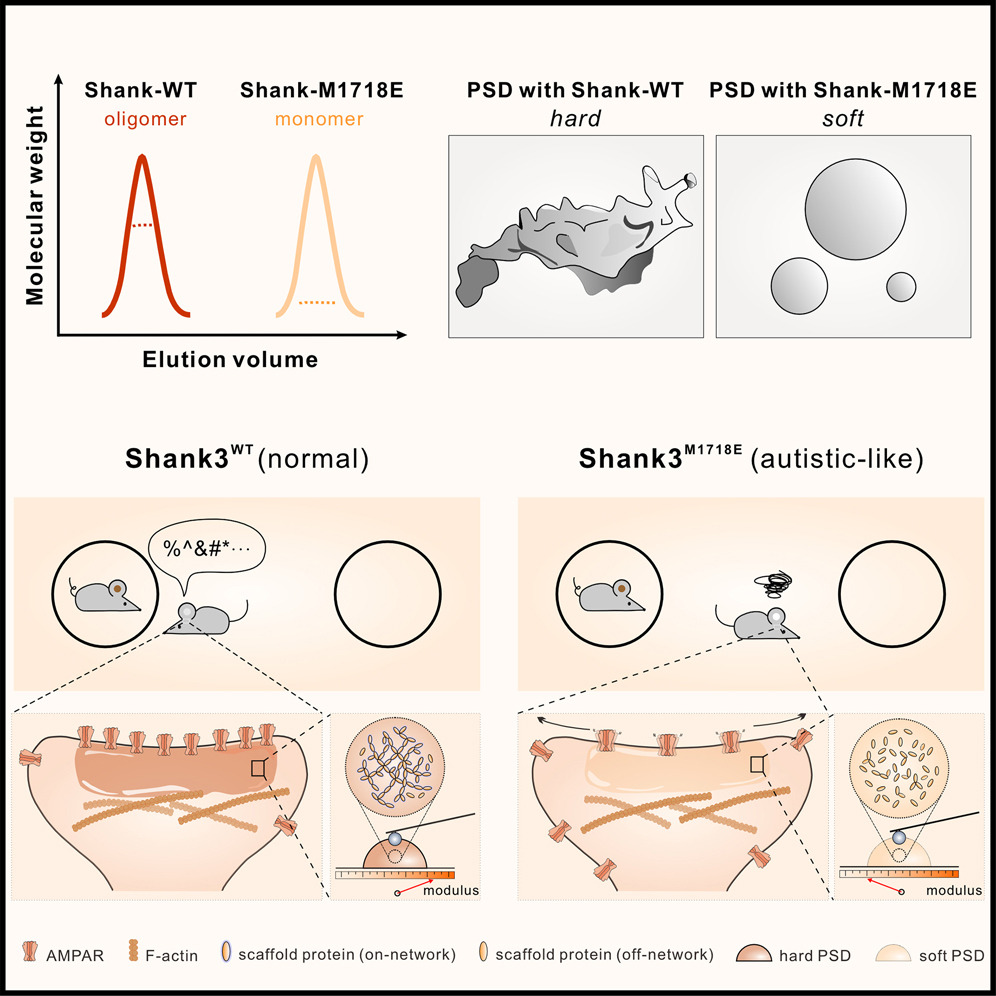Versatile site-selective protein reaction guided by WW domain–peptide motif interaction
2017.07.12Liu, M., Ji, Z., Zhang, M., & Xia, J. (2017). Bioconjugate Chemistry, 28(8), 2199-2205.
A short, flexible, and unstructured peptide tag that has versatile and facile use in protein labeling applications is highly desirable. Here, we report an 11-residue peptide tag with an internal cysteine (a W-tag, derived from a Comm PY peptide motif that is known to bind with Nedd4 WW3* domain) that can be installed at different regions of the target protein without compromising its covalent reactivity with the reactive label (a 35-residue synthetic Nedd4 WW3* domain derivative). This versatility is explained by the unique structural features of the reaction. NMR analysis reveals that both the W-tag peptide and reactive Nedd4 WW3* protein are unstructured before they encounter each other. The binding interaction of the two induces noticeable structural changes and promotes global folding. Consequently, the reactive cysteine residue at W-tag and the electrophilic chloroacetyl group at Nedd4 WW3* domain are positioned to be in close proximity, inducing an intermolecular covalent cross-linking. The covalent linkage in turn stabilizes the folding of the protein complex. This unique multistep mechanism renders this labeling reaction amenable to different sites of the proteins of interest: installation of the tag at N- and C-termini, in the flexible linker region, in the loop region, and the extracellular terminus of target proteins exhibited comparable reactivity. This work therefore represents the first proximity-induced cysteine reaction based on the unique binding features of WW domains that demonstrates unprecedented versatility.
- Recommend
-
2025-10-22
IQSEC2/BRAG1 may modulate postsynaptic density assembly through Ca2+-induced phase separation.
-
2025-08-22

Shank3 oligomerization governs material properties of the postsynaptic density condensate and synaptic plasticity.
-
2025-08-21
Modulating synaptic glutamate receptors by targeting network nodes of the postsynaptic density condensate.
-
2025-08-19
Current practices in the study of biomolecular condensates: a community comment.
-
2025-06-10
Phase separation instead of binding strength determines target specificities of MAGUKs.

